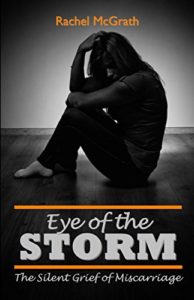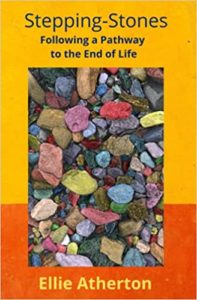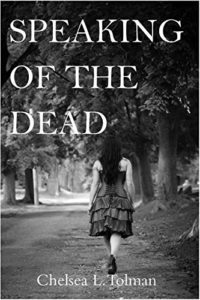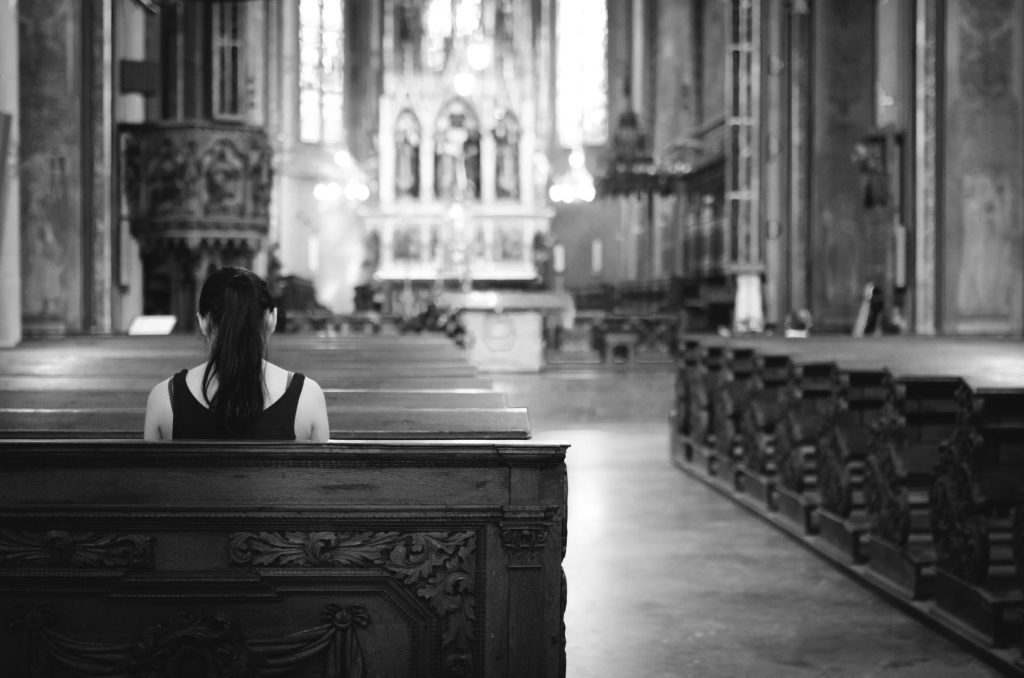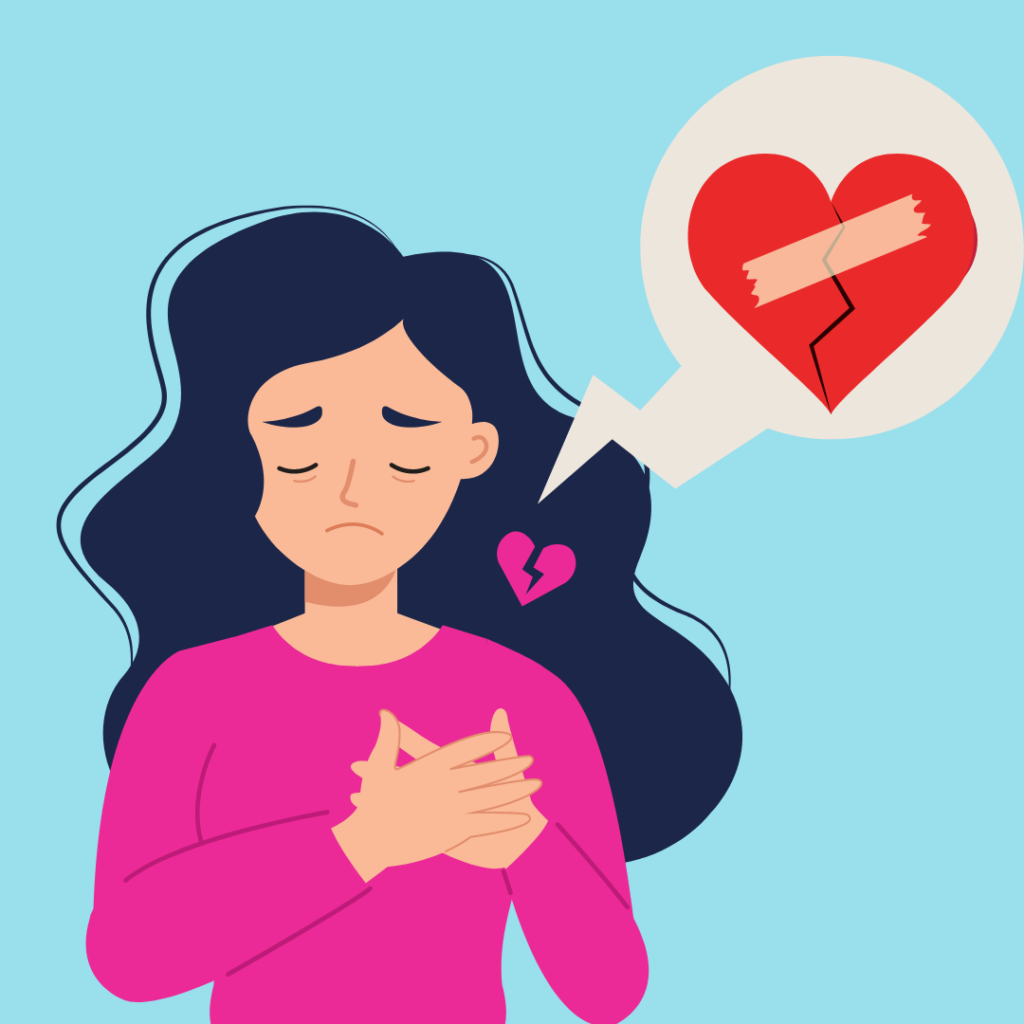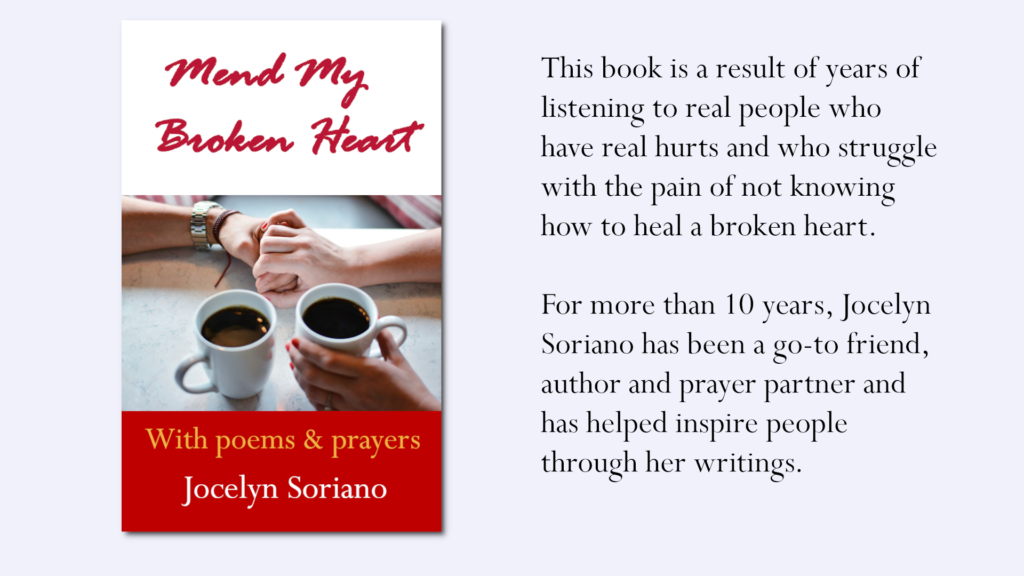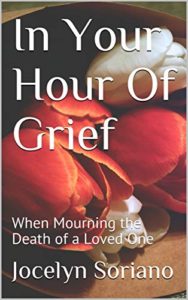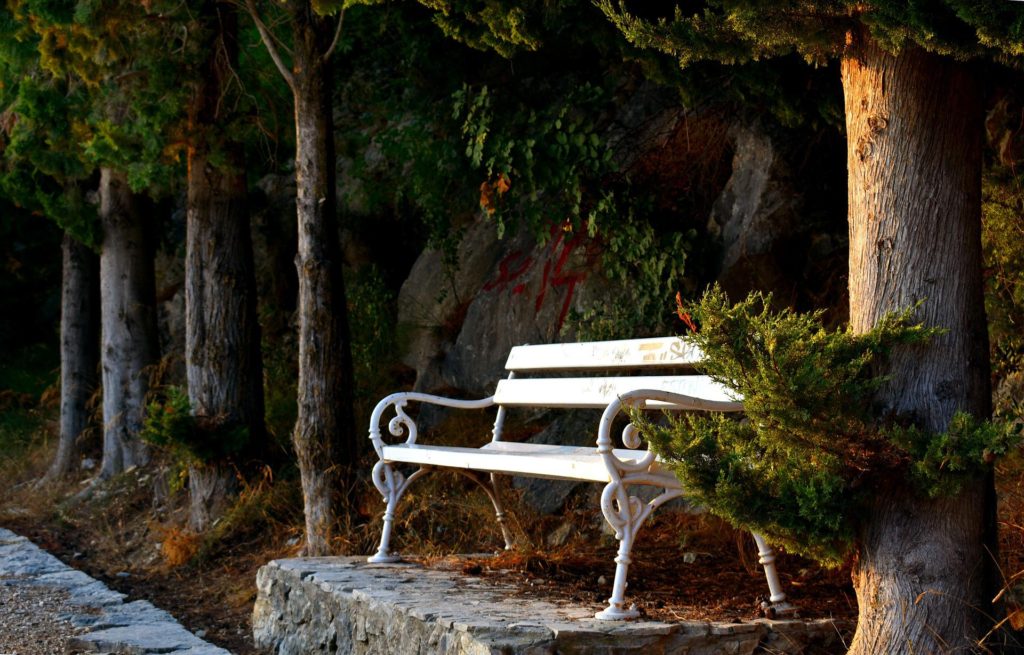 Our grief is personal
Our grief is personal
Our griefs are as personal as the people we have love and lost. Grief books are like that also. They are special because they came from the unique bond the authors have had with their loved ones who died. No one can ever say that they had the exact same grieving experience as another. We grieve in our own way and in our own time.
This doesn’t mean, however, that we cannot understand each other’s sorrows. Grief is also a bond shared by everyone who have lost the ones they love. Those who have been left behind all feel the emptiness and hurt after their loved ones have passed away.
Perhaps we read books about grief because we want to know that we are not alone. Someone out there also misses their loved one. Someone also cries every night, calling out the name of the only person who can take their pain away.
Here is an alternative list of grief books you may want to read after the death of a loved one. They are not the most popular ones you often see. But they, too, carry that sincere warmth and longing grieving hearts can relate to. These grief books can remind you that you’re in the company of those who seek meaning, purpose and hope after their loved ones have passed away.
1. Eye of the Storm: The Silent Grief of Miscarriage (by Rachel McGrath)
“I wanted to scream, but I didn’t have the strength to even whisper.”
Rachel McGrath shares a moving account of her silent journey of loss. With only her husband and a few close people who know what she’s going through, she bears her grief in silence and attempts to find hope and healing along the way.
How do you grieve the death of someone who hasn’t even lived a single day outside the womb? How do you feel the pain of missing the person whose face you can’t even remember?
When many people may misjudge your sufferings and think you can quickly get over your loss, Rachel writes about her pain as being as tangible and as real as those who have lost their loved ones.
This grief book is recommended not only for people who have lost their children through miscarriage but for everyone who goes through the process of grieving their loved one’s death.
Free on Amazon Kindle – click here.
2. Of Waves and Butterflies: Poems on Grief (by Jocelyn Soriano)
“Sometimes grief is like a wave, and healing is like a butterfly.”
Not every grief book can speak directly in the form of an advice or a personal account of someone’s painful experience. Sometimes, the assistance we need may come from words that can accompany us in our darkest hours. These words are like friends who, instead of telling you what you can do, stand by your side and listen to your deepest cries.
Let the poems from this book utter the pain from the wounds of your heart. They describe various moments of one’s sorrow, griefs that come and go like waves upon the shore. They also flutter about like butterflies bringing news of healing from faraway. In a way that we cannot even imagine, we find hope with the thought that though some things may change, the most beautiful things will always remain.
Free on Amazon Kindle – click here.
3. Stepping-Stones ~ Following a Pathway to the End of Life (by Ellie Atherton)
“The majority of the dying patients I cared for were much more concerned about their loved ones than for themselves. They told me they didn’t want their death to destroy the goodness in others’ lives or stop them from living fully… Of course, they knew their family and friends would grieve for them, but ultimately, they wanted them to find the strength to go forward in life…”
Stepping Stones written by Ellie Atherton is so rich with life-changing wisdom that I didn’t know where to even begin my book review. Should I begin by describing how much I admire the author for her priceless work among the dying? Should I begin with the courage and generosity of people who, in the face of death, thought more about their loved ones than about themselves? Or should I begin with the people who grieve and who must face the difficult path of living without the presence of those who gave meaning to their lives?
Maybe I should just begin with my own thoughts about death. The many thoughts and feelings that couldn’t help but arise as I read a book that seems to foretell the future for me. One day, I would also face death, whether as one who leaves or as one who will be left behind. Is it Divine Providence then that I was able to read such a book that would guide me later on?
I believe that it is. By reading this book, I was able to see the many faces of death. Death that often comes unannounced, surprising us all, leaving us gasping for whatever consolation we may find.
In the end, however, this book teaches us how death can impart so many gifts to us. In the face of loss, we become more aware of the blessings we have received. In the face of pain, we are given the opportunity to love to the very full.
I recommend this grief book to anyone who ever desires to live a more meaningful life. It would teach you to make the most of the time you have and to never take for granted the chances given you.
I also recommend this to all of those who are nearing the end of their life’s journey as well as to those who are accompanying the dying. The wisdom of this book comes from first-hand experience and it would teach you how the last days of a person need not be the least. Death is as much a part of life as birth, and the final transition in a person’s last moments may yet unveil for us a deeper understanding of life beyond all that we could ever see or touch.
In the face of today’s pandemic and worldwide grief, may this inspiring book be like a radiant light that shines through our darkest days, giving us consolation as we cry and allowing us to believe that sorrow and joy can mingle beautifully within lives filled with love.
Review originally published on Reedsy.
4. Speaking of The Dead (by Chelsea L. Tolman)
“When your heart is shredded like fraying fabric and dangling in pieces, the scotch tape method isn’t going to work long term. Careful stitching and honest grieving is necessary to put things back into place. Maybe not perfectly, but at least in a way so you can breathe again.”
The book “Speaking of The Dead” by Chelsea L. Tolman stands out in many ways. First, it is a personal account of the experiences of the author as a mortician and a funeral director, an authentic narrative, without the usual exaggeration often shown by the media. Second, it deals with the subject of grief and loss from first-hand encounter with those who mourn the death of their loved ones. And last but not the last, without being preachy, it tackles the subject of death and the importance of living our lives with the time given us.
“Speaking of The Dead” not only speaks about death. It speaks so much about life and the people who are left behind by those who passed away. In a way, it enables us to reflect about our own lives, what it is that we really want and what it is that would truly matter in the end.
I think I have never cried so much before while reading a book for review. This book really tugged at my heart in so many ways. There are books we just want to finish or read only once. And then there are books that are like treasured possessions. The ones we want to read over and over again. The ones we remember most because they have allowed us to dig deeper into the mystery of who we really are.
Final Thoughts
After the death of a loved one, reading a grief book may be the easiest place to find refuge and consolation. Through grief books that share the author’s personal experience, we can feel that we are not alone. We can also gain insight from others who have gone through grief themselves and found the strength to carry on.
Grieving may be heavy burden to carry, but we can somehow find some ways to bear it. And we can start to hope that even after their death, we can still live our lives with a sense of purpose, beauty and love.
“Grief knits two hearts in closer bonds than happiness ever can; and common sufferings are far stronger links than common joys.” – Alphonse de Lamartine
